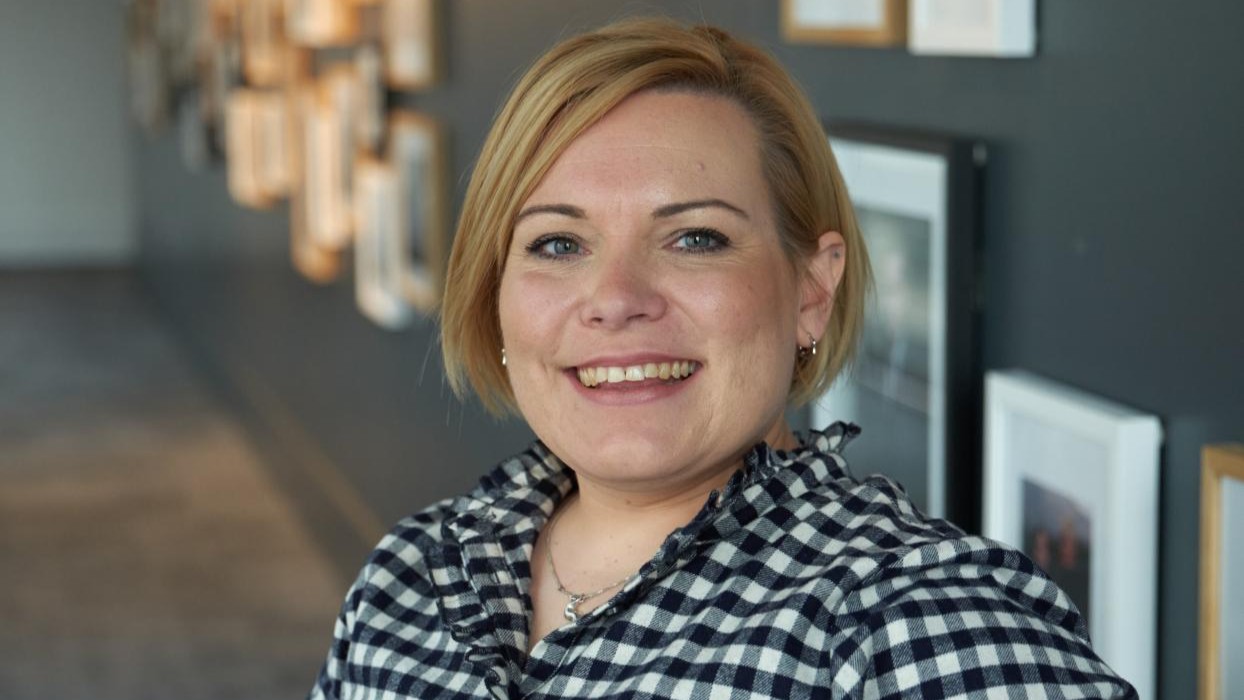Around half of TV and radio broadcasters’ employees are now based outside of London, but more needs to be done to increase diversity in senior roles, according to Ofcom’s latest study on the make-up of the UK industry.
Ofcom’s seventh annual equity, diversity and inclusion in broadcasting report also shows that women, disabled workers and people from minority ethnic backgrounds are continuing to leave the industry in disproportionate numbers.

Data from UK broadcasters, which includes the BBC, Sky and Global, shows that almost half (44%) of TV employees in the UK and over half (54%) of radio employees are now based outside London. One in six (17%) broadcasting employees are based in the north of England.
Women and people from minority ethnic groups are well represented in broadcasting as a whole, reported Ofcom. However, this is not the case at senior levels, where the numbers of women (TV 42%, radio 36%) and people from minority ethnic groups (TV 13%, radio 7%) are below the working population averages of 48% and 14% respectively.
Despite recruiting higher proportions of people from underrepresented groups, broadcasters continue to struggle to retain these staff, who are disproportionately likely to leave their jobs.
Employees with disabilities are still underrepresented at all job levels across the industry. At just 10% in TV and 8% in radio, both are well below the UK average of 16%. At senior levels, people with disabilities make up just 8% of senior managers in both TV and radio.
People from working-class backgrounds are also underrepresented in the whole broadcasting sector. Across TV and radio, just over a quarter (28%) of employees are from a working-class background, below the population average of four in ten (39%).

John Malone to become Chair Emeritus of Warner Bros Discovery
Media mogul and cable TV pioneer John Malone has decided not to seek re-election to the board of Warner Bros Discovery and will instead take on the role of Chairman Emeritus.

LaLiga names HBS and NVP as broadcast partners
Spain’s LaLiga football competition has selected HBS (Host Broadcast Services) and NVP to handle media production for its Primera and Segunda Division matches for five years from the start of the 2025-26 season.

Netflix tests new AI search engine powered by OpenAI
Netflix is testing new search technology that is powered by OpenAI, according to a Bloomberg report.

UK MPs call for streamer levy to boost film and high-end TV industry
Tax breaks and a streamer levy should be on the table to support the UK’s crisis-hit high-quality drama sector, according to an influential group of UK MPs.
Mike Sneesby named CEO of Middle East broadcaster MBC Group
Middle East broadcaster and streamer MBC Group has named Mike Sneesby as its new CEO.



.jpg)
